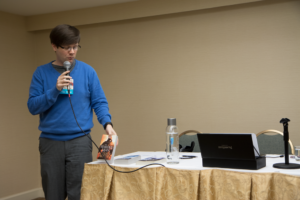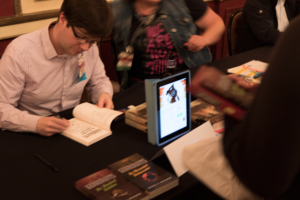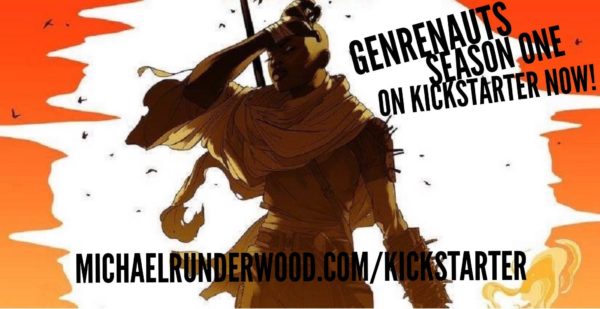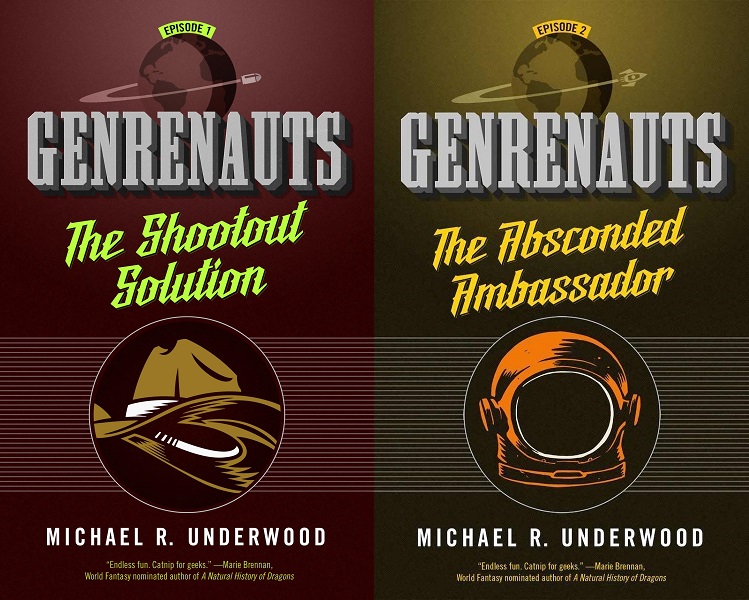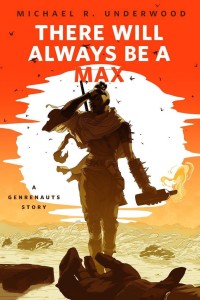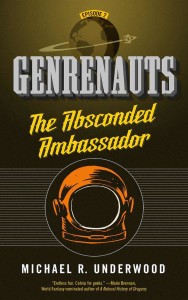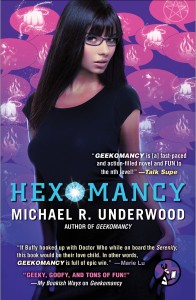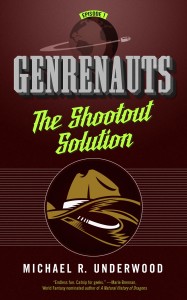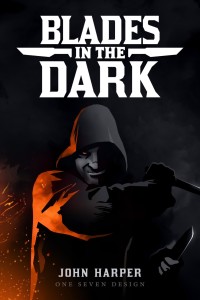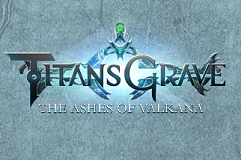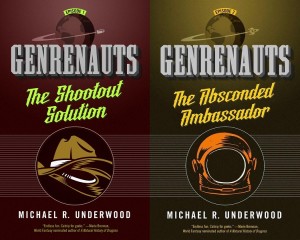Last November, I wrote a post called The New Landscape – Access, Discovery, and Media De-centralization. I’ve decided to call that essay the first in a series (The New Landscape), and today I want to take the topic in a new direction, jumping off of this point:
Here’s what I see as the dominant progression for a creator trying to make money from their work (visual art, music, prose, comics, video, etc.)
Level 1 – Start small, give stuff away for free, sell some stuff. At Level 1, a creator is almost totally reliant on big systems, for both discovery and fulfillment/delivery. Basically no one knows who they are, so they join larger infrastructures and services to get the word out about their material through algorithmic and organic discovery.
Level 2 – Building Audience & Relationships — At this level, it becomes viable to diversify their portfolio, maybe by selling some merch (T-shirts, mugs, stickers, patches, etc). Here, a creator can bring dedicated fans onto a growing mailing list. This level enables direct sales and stronger performance on retail sites, but the creator may still be largely dependent for discovery-enabled growth and a lot of fulfillment/delivery.
Level 3 – Big Creators – Here, creators have a dedicated audience large enough they can get a living wage directly from their base, either totally direct or through Patreon/Kickstarter. Maybe they supplement their income speaking/appearance fees etc., having a large enough platform that they are in demand not just as creators, but as entrepreneurs/thought leaders in their field. They may still use large systems, but if they do, they do so from a far stronger position – they are less dependent on any given system, since their supporter base is strong, a base that is specific and mobilized, not platform-dependent.
This three-tier system is a bit reductive, as I said in the original post, but it provides a framework for what I’d like to talk about today: the differences between services/systems for Platform Building and those for Platform Mobilization.
At the Nebula Conference, I got to meet with a representative from Patreon, who helped answer some questions I had about their company and business model. Their rep confirmed what I’d already seen from being a patron on that platform – that it is more of a Platform Mobilizing system rather than a Platform Building one.
(Note – a number of writers I admire have found some success already using Patreon to support their other writing-based income, including Saladin Ahmed, Kameron Hurley, and most recently, N.K. Jemisin, who hit and easily passed the goal she’d set to allow her to quit her day job.)
Defining Terms
Here’s what I mean:
Platform: a creator’s established body of work, professional networks, and the way that they present as a creator. A creator with a small platform may just have started releasing works, or they may not have reached a very wide audience. A creator with a large platform may be well-known for some other work before they entered a creative field, or they might have built it as their career developed. A large platform tends to come with and from a large supporter base.
Platform Building: A system or process that is Platform Building is one that includes discovery systems – good ways for people that have never heard of the creator to find them and engage with their works. Producing content is Platform Building, as every work creates the opportunity for someone to find and engage with your creative efforts. YouTube, Twitch.tv, and any retail system where a consumer can follow a creator can serve as a Platform Building system. Platform Building enables creator and consumer/reader/fan to engage through the work as well as enabling other forms of communication to strengthen those relationships.
Platform Mobilizing: A system or process that is Platform Mobilizing is one where a creator can send or bring their fans/readers/viewers/etc. in order to make a project happen or to allow more direct financial support for a project/creator. Kickstarter and Patreon are both Platform Mobilizing companies, though in different ways, to different degrees.
Example – Mobilizing for Genrenauts
I’m running a Kickstarter right now, and as of the time of writing this essay, the project is less than 10% from hitting the $5,000 funding goal (yay!) When I launched the project, I was a bit worried that $5,000 might be too high for a first Kickstarter, that maybe I needed to aim lower and then try to build momentum by over-funding.
But in reality, I hit 50% of the goal in two and a half days, largely based on existing fans and strong signal-boosting from friends and colleagues. Based on how things are going, I’m likely to hit the funding goal about halfway through the campaign, and then spend the final two weeks pushing for stretch goals. That seems like a perfectly solid way of going about things in a single-creator project.
What has surprised me is that according to Kickstarter’s dashboard analysis tools, around 27% of the pledges made to the project have come from Kickstarter’s own discovery systems. Those include their search engine, their Projects We Love recommendations, and so on. I had not expected Kickstarter to provide so much discovery. I’d estimate that close to a third of the backers on the project had not heard of me before launch. This, in my opinion, means that I’d substantially under-estimated Kickstarter’s utility as a tool for not only Platform Mobilizing, but also Platform Building. There are going to be notably more people invested in the Genrenauts series when this campaign completes than when it had started.
Given the opportunities involved, any Platform Mobilizing system that uses a crowd-funding approach like Kickstarter will likely be working on building in some discovery systems. The company benefits if people come to trust their system as a way of discovering amazing new content, and the creators benefit from crowd-funding with a system that helps do more than just facilitate a direct mobilization of existing fans/readers/viewers/etc. And it definitely works for me as a consumer, too – I’ve backed a fair # of projects that I only heard about through Kickstarter’s search system. Patreon’s discovery tools, in my experience, are more nascent, and have a ways to go. The company is also much younger thank Kickstarter, so this is to be expected.
The Inevitable So What
Here’s why I think this is a useful framework: I’ve been following Kickstarter and Patreon each since pretty early in their public histories, and trying to study what they can and do offer to creators. In publishing we have this idea of The Discoverability Problem, which is that it is getting harder for individual creators to have their work discovered, which makes it harder for new creators to find a following and build a sustainable career. There are so many books being released (largely due to digital self-publishing) and more releases means that there are more works to choose from. In publishing, the loss of shelf space from the closing of Borders and the lessening number of indie bookstores in the USA (a trend that has thankfully reversed, as we’re seeing new strong indies doing a great job around the country) means that writers are posed with discovery being an ever-greater problem.
One of the best ways to be discovered is to build your platform. The more people know you and have positive associations with you, the more chances you have to sell your work.
With the proliferation of social media, there are ever-more places creators can go to try to build their platform. You can be on Instagram, Tumblr, or Snapchat, as well as older systems like Facebook, YouTube, Twitter, etc. Social media channels are a well-trod way of building platform – incrementally growing your readership/tribe/etc. by consistently entertaining, informing, or whatever you choose to do. This form of Platform-Building tends to take time and a lot of effort. The first few people to any platform will be far more likely to benefit from it, growing their profile as the platform grows.
But any one media company can come or go – the fortunes of a social media company rise and fall. LiveJournal and MySpace are mere shadows of what they once were. Facebook lists on, and Twitter is harried by largely-unchecked abusers and the continual frustration of not being able to edit a typo out of a tweet that’s raking up RTs.
If a creator gets in deep with a single platform, their ability to connect with their fans/readers/etc. is bound up in that company’s fate. This is why people have been harping on and on about email lists/newsletters – if you bring you audience to a system that is much more directly under your control, that ability to connect is much more robust.
And from a mailing list, you can then direct your fans to a new platform, mobilizing them in order to help make a project happen.
This is why I see Platform Building systems as mostly being oriented toward Stage One and Stage Two (see the framework from the earlier post), and that Platform Mobilizing systems are more effective for later Stage Two and Stage Three. It doesn’t seem terribly viable (at least right now) to start a brand-new creative career by going directly to Patreon as your main way of interacting with fans/readers/etc.. For the most part, the people succeeding on crowd-funding/crowd-patronage systems are those with proven success and/or an existing fan-base. But once you have those connections and have earned that support, systems like Patreon and/or Kickstarter can let a creator provide an opportunity for fans, and especially super-fans, to go the extra mile in supporting a creator.
21st Century Creative Economics
Here’s another way we can express this:
Most of my books are available digital-first, from $2.99 to $5.99 per book. I also have paperbacks for $12.99 to $14.99. I don’t have any books out in hardcover, so $15 is the highest price for any of my books. If I have a super-fan who absolutely adores my works and will buy anything I publish, but I only ever ask $2.99 to $15 for my work, then they’ll buy as many of those as I can produce, but maybe I won’t actually provide them with an opportunity for them to support me to their satisfaction.
Then I launch my Kickstarter, with a $100 backer level, and they pick it in a heartbeat. They get a lot out of being able to directly support me and the extra rewards I offer above and beyond the book. And I get a big chunk of $ toward my project, plus a way to engage directly with a major supporter.
This is, I think, the source of one of the big appeals of Kickstarter and Patreon: With those company’s business models, I can offer a wider range of commercial interaction possibilities, and find places where the existing mix of products doesn’t satisfy a fan/supporter’s interest. If I have a fan who makes a really good living and wants to be able to help support me, if I make it easier for them to get more out of supporting me, we might both be able to win – me from greater financial support, them from getting more content from me, more direct interaction, and/or more insight into how I make my art.
This is another way to diversify your portfolio as a creator – offer a lot of different ways for people to support you – ebooks, paperbacks, audio, crowdfunded support, large-ticket experiences (critiques, Google Hangouts, etc.), and so on. And offering that wider mix you may find that you’re not only making more $, you’re giving readers/fans/etc. more chances to connect with you and your work. The perfect overlap of Platform-Building and Platform-Mobilizing.
Speaking of that Kickstarter, please check out the campaign and see if you’d like to join over 180 people helping me realize my creative dreams:

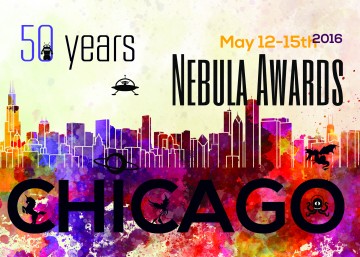 Last weekend, I had the fortune of attending the 50th Annual Nebula Awards Conference. I originally wasn’t planning on attending, due to an already-full con schedule, but a friend pitched me on the con, with an intent of having me participate in programming. And the panels being discussed were amazing.
Last weekend, I had the fortune of attending the 50th Annual Nebula Awards Conference. I originally wasn’t planning on attending, due to an already-full con schedule, but a friend pitched me on the con, with an intent of having me participate in programming. And the panels being discussed were amazing.